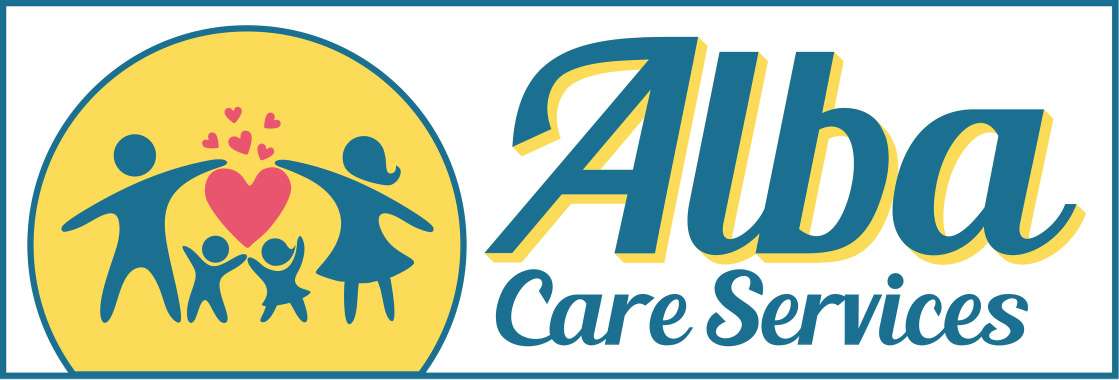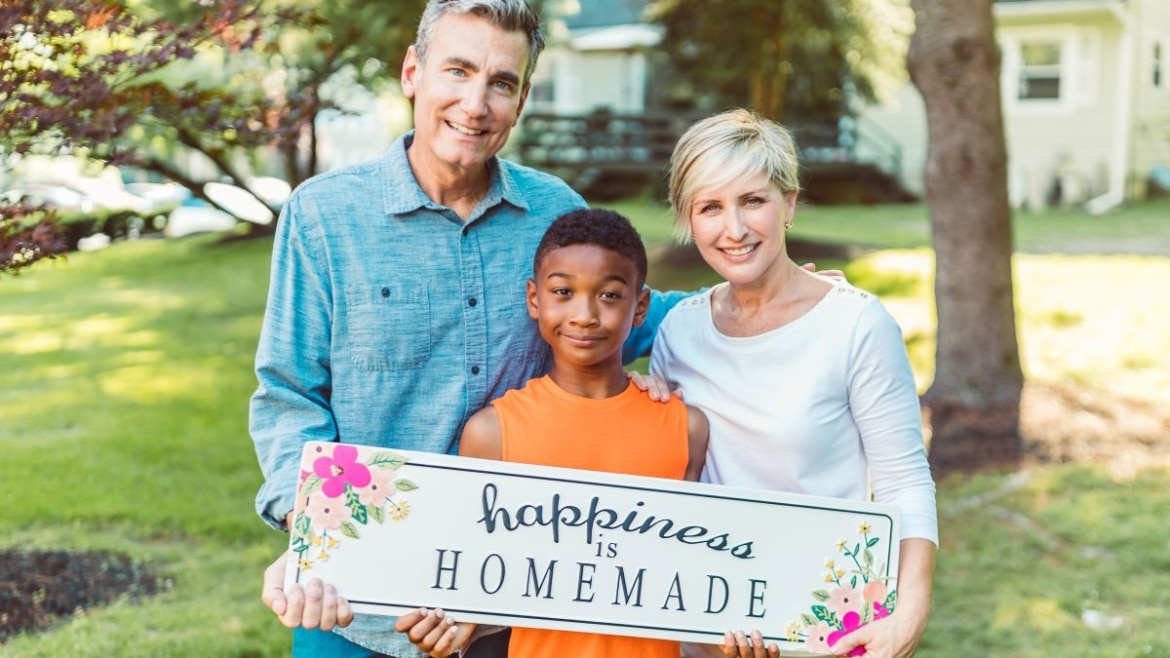California’s foster care system offers a wide range of resources and support for those considering becoming foster parents in El Centro or Imperial County. The state provides a variety of services and supports to foster parents, including training, respite care, financial assistance, and support groups.
If you’re interested in becoming a foster parent in El Centro or Imperial County, keep reading to learn more about how to become temporary care providers for children in Southern California.
How To Become Foster Parents
Fostering children and young adults provides them with the love, support, and stability they need to grow into healthy, independent adults. If you live in El Centro or Imperial County and are interested in becoming a foster parent, there are many resources available to help you navigate the process.

In order to become a foster parent in El Centro / Imperial County, you must:
Be at least 21 years old
Possess a valid driver’s license
Provide proof of insurance
Have at least one extra bedroom in your home
Pass background checks
Complete required training

Once you have met all of the eligibility requirements, you will be able to proceed with becoming a foster parent. To get started, contact Alba Care Services at 951-653-2224 to learn more. We can provide guidance on the next steps and answer any questions you may have.
Children in Foster Care
Foster youth come from a variety of different backgrounds. You may be asked to provide care for newborns, toddlers, or adolescents. To be an effective foster parent, you must possess qualities such as patience, understanding, and compassion.

Alba Care Services is committed to helping foster families and communities build strong, resilient relationships with foster youth. We will provide resources and ongoing training to help care providers be successful in providing excellent care for the kids in your home. Including how to create a supportive environment, deal with challenging behaviors, utilize counseling, and ways to meet the unique needs of youth in foster care.
Special Needs of A Foster Child
Foster care can be a challenge as it requires you to meet the unique needs of each foster child in your home. Working with children and young adults who have experienced trauma, and child abuse, or who grew up in group homes can require special tools and resources to help them succeed. From understanding the attachment process and learning how to effectively communicate with youth, Alba Care Services provides helpful resources to foster parents.
Out-of-Home Care
Kids who require out-of-home care usually come under the jurisdiction of the juvenile court when there are no family members available to take the child in. When this happens, foster parents are asked to provide a stable living environment until family issues can be resolved. Many times, resource families become a forever family when a foster child is unable to return to their birth parents.
When a child is placed in out-of-home care, it can be difficult for them to adjust to a new environment. The juvenile dependency process involves many stakeholders. Were here and dedicated to assisting foster parents with all aspects of the out-of-home care process, including court hearings, advocacy services, therapeutic interventions, and more. Alba Care Services understands that it is essential for foster parents to provide a supportive, nurturing environment in order to help the child be successful in their new home.

Financial Support For Resource Families
Alba Care Services provides support for foster families, including financial assistance for clothing, medical bills, and basic necessities. We also provide information about housing options and other resources that may be useful to resource families. We understand the importance of having a secure home environment as a part of successful foster care placement and we’re committed to providing assistance to caregivers when needed.
If you’re ready to become foster parents and enrich deserving kids’ lives, contact Alba Care Services today at 951-653-2224.
Frequently Asked Questions
Is Alba Care Services part of Social Services?
No, Alba Care Services is a private agency that provides an array of services to help children and families in need. We are regulated by the state’s Department of Social Services and comply with all relevant laws.
What’s the best foster family agency in San Bernadino County?
We might be biased, but we believe that Alba Care Services is the best foster family agency in San Bernadino County, California. The Department of Children and Family Services (DCFS) is also a good resource for finding foster family agencies in San Bernadino County.
Do my foster children need to sleep in his or her own bed?
All foster children, regardless of age, must sleep in their own beds. This helps to ensure that the foster child is receiving proper rest and also provides a sense of stability as he/she adjusts to living in your home. Children are allowed to share a bedroom, but only with one other child, and if the child is age 5 years or older, they must be of the same gender.
What are “emergency response units”?
Emergency Response Units (ERU) are teams of social workers, police officers, and other professionals who respond to reports of abuse or neglect. The ERU is responsible for conducting a thorough investigation and providing support services to the family. They also provide information on available community resources so that families can access the help they need.
How many children can I have living under the same roof?
The number of children that can reside under the same roof will depend on the approval given by your foster family agency and the DCFS. Generally speaking, most families are approved to care for up to six children at one time.
What is a “resource parent”?
A resource parent is a foster care provider who has been approved to provide permanent, temporary, or respite care for children. The term “resource parent” can refer to both foster and adoptive parents. Resource parents must be willing to meet the physical, emotional, and educational needs of the children they serve. They must also adhere to specific guidelines set by the state and local child welfare agencies.
How often will a social worker visit a foster home?
Social workers typically visit a foster home every month, although this can vary depending on the individual circumstances. During these visits, social workers will review the progress of the foster children in your home and make sure that they are receiving proper care and living in a nurturing home environment. They may also check to ensure that all necessary paperwork is completed and up-to-date.



